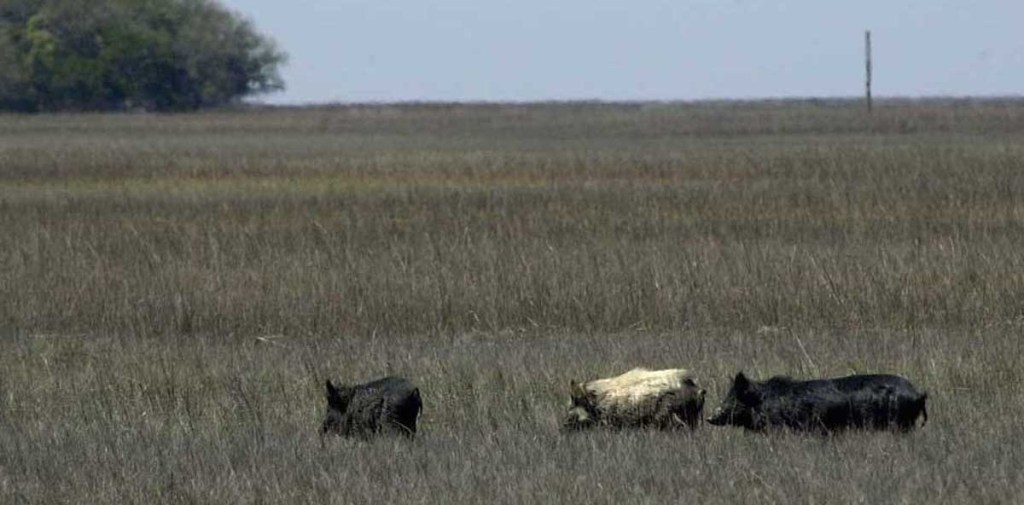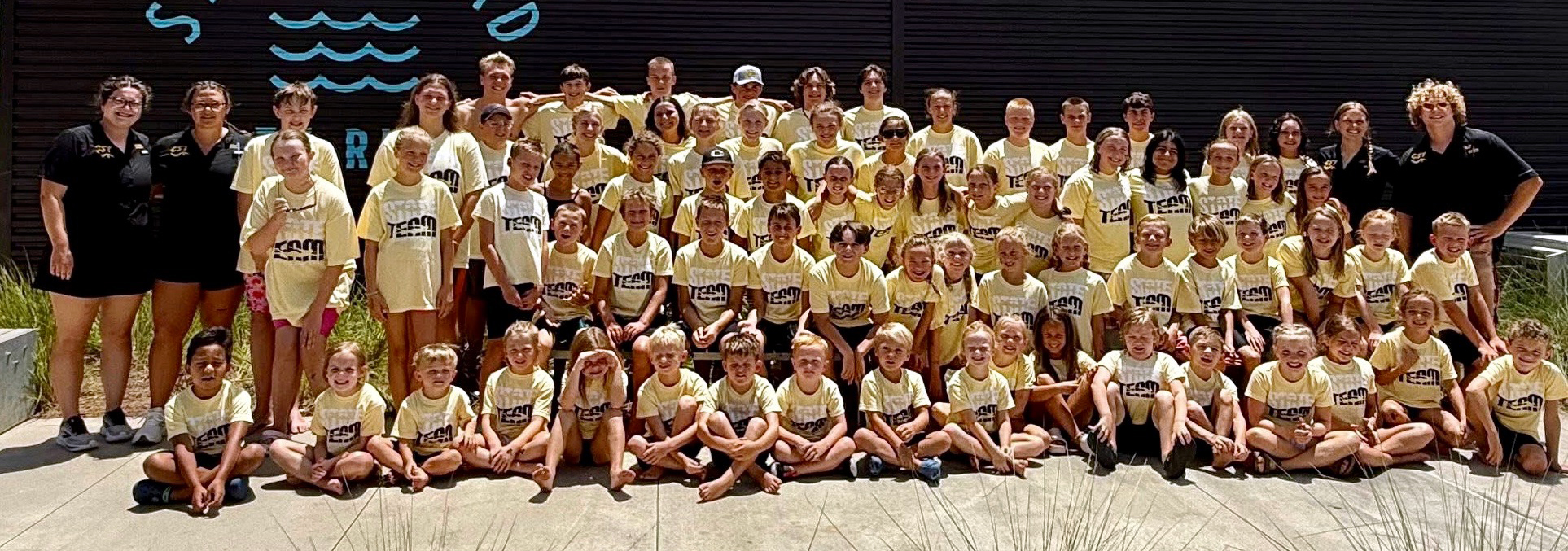Wild hogs on the loose in Georgia frustrate state officials
Published 7:10 am Friday, July 8, 2016

- Feral hogs wander in a field in this undated file photo.
ATLANTA — Wild pigs started showing up at Andy Owen’s hunting preserve to dine on the corn left out for deer.
The feral swine stuck around. Now, about a decade later, there could be as many as 100 on his 7,000-acre property just outside Tifton.
Trending
That’s hardly an outbreak, in Owen’s mind.
“Everybody talks bout this epidemic of hogs,” he said. “I haven’t seen it.”
Wild pigs are welcome on Owen’s property and other preserves, where people pay to hunt them, but elsewhere the loathsome creatures run amok.
“They’re nuisances, they’re pests, they’re disease reservoirs, and they are spreading like wildfire,” the state’s veterinarian, Robert Cobb, said this week in an interview.
Though wild hogs are so plentiful in Georgia that the state allows open-season hunting for them, officials are no longer focused on wiping out their population. Instead, the state’s sights have shifted to containing and stopping the hogs from popping up in new places.
The Department of Agriculture is proposing rules that limit the housing and transport of wild pigs.
Trending
It’s already illegal to turn a pig loose in an unfenced area, but that law is tricky to enforce. New rules would require a permit to transport a live feral pig, and its destination would be limited to a slaughterhouse, licensed hunting facility or someone’s dinner table.
Hogs would also be tagged and their movements tracked — changes designed to make handlers accountable, Cobb said.
The state would license businesses that keep feral hogs. About 60 such facilities exist right now, most of which use the hogs for either sport or hunting.
The changes would also step up enforcement and require testing of new feral hogs for disease.
State officials hope the rules, and a tracking system, will curb illegal movement of hogs.
Feral hogs now are likely relocated to create new hunting opportunities.
Others turn up on farms, possibly put there by a handful of by people who later offer to trap the destructive animals, for a fee.
The hogs are prolific enough without the work of wayward trappers, although their exact number is unknown.
The state’s first feral hogs can be traced to Spanish explorers, then to European settlers. It was common then to keep them as free-range animals.
Their population has steadily grown since colonial times, with runaway pigs adapting and joining their ranks. The hogs also quickly reproduce.
Owen said the feral hogs feasting on his corn, for example, are probably linked to another hunting preserve that closed down years ago. Owen also offers deer and turkey hunting on his property.
The hogs can be freely hunted in Georgia, and lawmakers have worked to make it even easier. Last year, remaining restrictions on firearms used to kill hogs were lifted.
An open season keeps numbers in check, but it also leaves little data on how many hogs are taken.
The only glimpse is available through a survey of deer hunters by the Department of Natural Resources. Hunters reported last year that they killed a little more than 86,000 hogs while in pursuit of deer, said Charlie Killmaster, the state’s deer and feral hog biologist with the Department of Natural Resources.
As many as 400,000 deer are hunted each year.
“We still have plenty more deer than we have hogs,” he said.
The more important barometer, Killmaster said, is their destruction.
Wild pigs caused about $1.8 million in damage to farms in 2011, according to a survey by the University of Georgia. Researchers are working to update that report based on a survey last year.
Hogs can barrel through crops like a plow, forcing farmers to plant two or three times, Cobb said.
Health risks — for domestic animals and people — are also a concern. Animals, including dogs and dairy cattle, have already tested positive for disease that can be traced back to farms where pigs had contact with feral swine, he said.
Hunters recognize the need for tighter regulations for hog hunting, which has become increasingly popular, said Reggie Dickey, president of the Georgia Hunting and Fishing Federation.
But they are wary of any rule that could make hog-hunting difficult for everyone, he said.
For example, some hunters like to keep a hog around a few days, or even weeks. Under the proposed rules, a hog would have to be slaughtered within 24 hours of its capture.
“We’re trying to get it to where an honest man, a legal man, can have a legitimate sport,” Dickey said.
Jill Nolin covers the Georgia Statehouse for CNHI’s newspapers and websites. Reach her at jnolin@cnhi.com.






